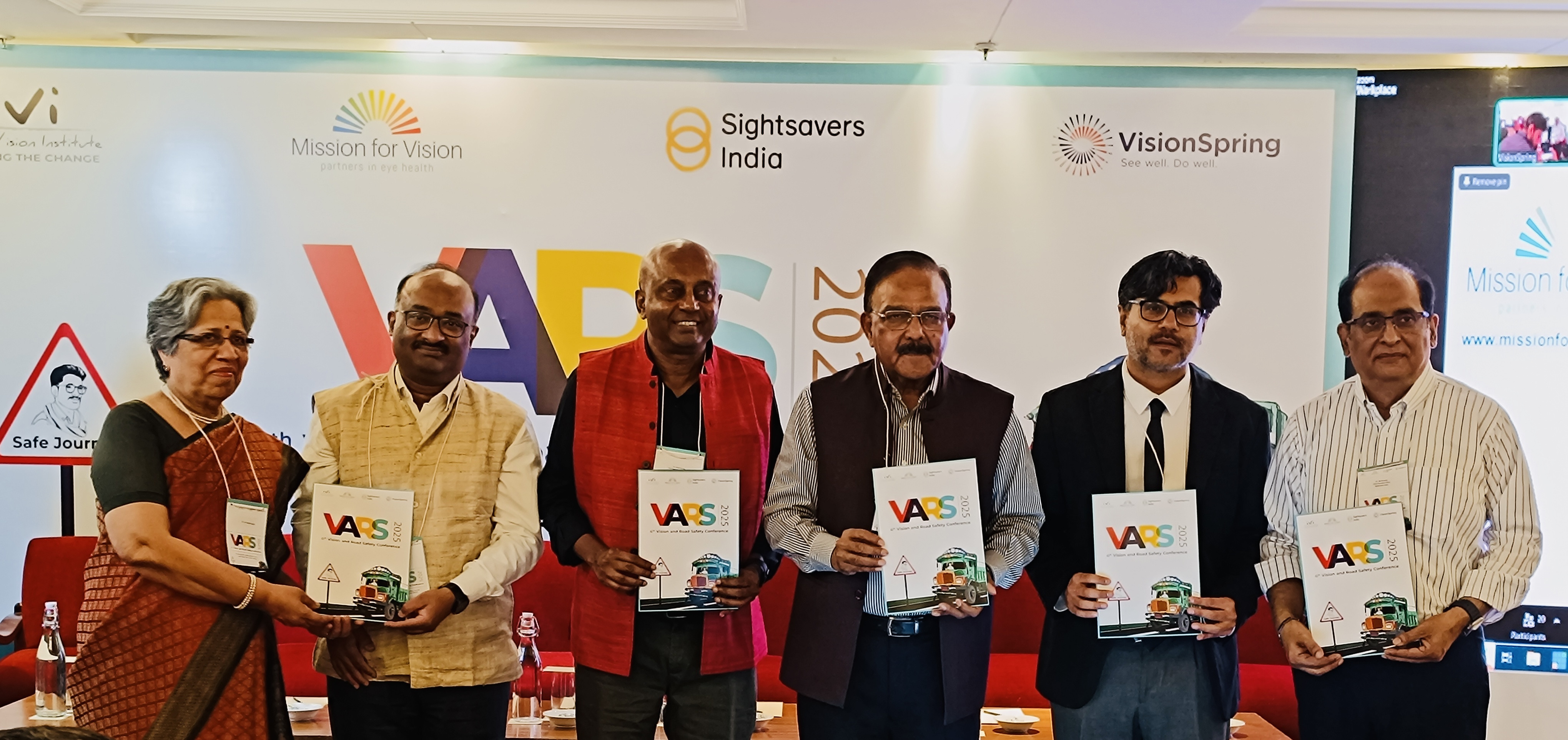Dr. Parimala V Thirumalesh, Sr. Consultant - Neonatology & Pediatrics, Aster CMI Hospital, Bangalore
As parents, ensuring that our children grow up healthy and strong is a top priority. One often overlooked but essential aspect of a child’s health is deworming. Intestinal worms are common among children, especially in regions with poor sanitation. These parasites can cause a range of health issues, including malnutrition, poor growth, and developmental delays. Regular deworming plays a critical role in maintaining your child’s overall well-being.
What Are Intestinal Worms?
Intestinal worms are parasitic organisms that live in the intestines. The most common types of worms affecting children include roundworms, hookworms, tapeworms, and whipworms. These worms can enter the body through contaminated food, water, soil, or contact with infected animals. In children, the risk of infection is higher due to their natural curiosity and tendency to play in unsanitary environments.
Why is Deworming Important?
Deworming is essential because intestinal worms can seriously affect your child's health. Some of the key consequences of worm infestations include:
- Malnutrition: Worms compete with the host for essential nutrients, which can lead to nutrient deficiencies.
- Abdominal Pain and Discomfort: Worms cause irritation and damage to the intestines, leading to stomach pain and discomfort.
- Fatigue and Weakness: As a result of nutrient deficiencies, children may appear lethargic and tired.
- Diarrhea or Vomiting: Some worms can cause gastrointestinal symptoms, leading to dehydration and loss of appetite.
Signs Your Child Might Have Worms
It is not always easy to spot an infection, as some children may not show obvious symptoms. However, some common signs to look out for include:
- Itchy Bottom: This is particularly common with pinworms, which cause intense itching around the anus, especially at night.
- Abdominal Pain: Complaints of stomach aches or cramps may indicate a worm infestation.
- Changes in Appetite: A sudden increase or decrease in hunger could be a sign.
- Weight Loss: If your child is losing weight despite a normal appetite, it may indicate the presence of worms.
How Often Should You Deworm Your Child?
The frequency of deworming depends on where you live, the local sanitation conditions, and your child’s age. In many countries, health authorities recommend deworming children between the ages of 1 and 5 every six months. In areas with higher rates of worm infestations, children may need to be dewormed more frequently. Your doctor or pediatrician will provide guidance based on your child’s specific needs.
Treatment and Prevention
Deworming treatment typically involves the use of anti-parasitic medications. These medications are safe and effective, and they usually come in the form of a single dose or a short course of treatment. Over-the-counter deworming medications are also available, but it’s essential to seek professional advice before administering them to ensure proper dosage and safety.
In addition to deworming, practicing good hygiene is crucial to preventing reinfection. Teach your children the importance of washing their hands with soap and water, especially before meals and after playing outside. Avoiding contaminated food and water and ensuring that your child avoids playing in dirty or contaminated environments can further reduce the risk of worm infections.

 Avoiding contaminated food and water and ensuring that your child avoids playing in dirty or contaminated environments can further reduce the risk of worm infections.
Avoiding contaminated food and water and ensuring that your child avoids playing in dirty or contaminated environments can further reduce the risk of worm infections.




















.jpeg)











.jpg)